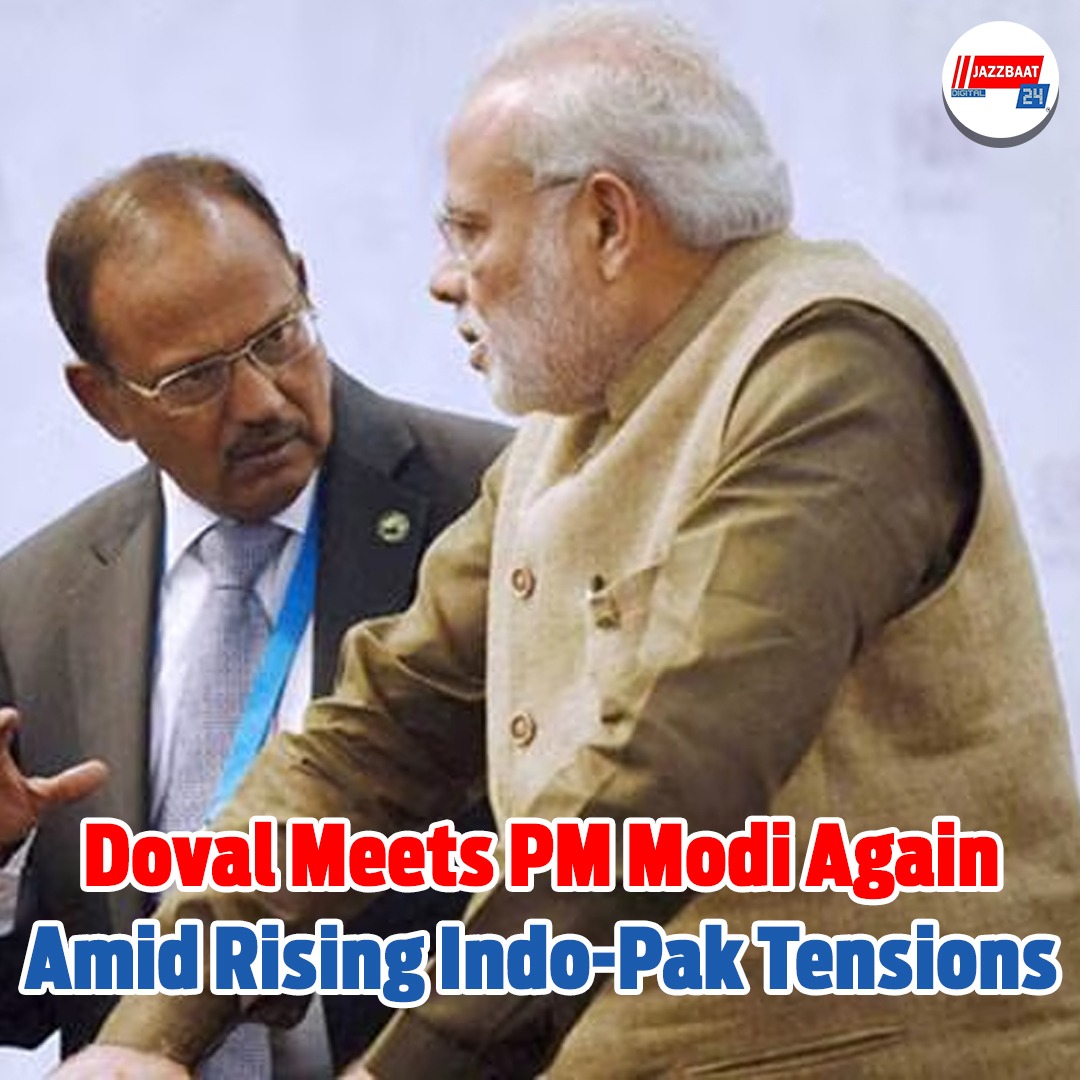
National Security Adviser Ajit Doval met Prime Minister Narendra Modi on the second day running as Indo-Pak tensions rise after the Pahalgam terror attack killed 26. The high-level meetings are a string of high-level consultations at the very highest levels of the government, with Modi having also met the Defence Minister, the Chief of Defence Staff, and the chiefs of the Army, Navy, and Air Force over the past few days.
Sources say that India is gearing towards a potential retaliatory military response, with the Prime Minister having already granted complete freedom to the armed forces in determining the method, timing, and targets for any action to be taken on those who unleashed the attack and India attributes those responsible to elements across the border.
The government also adopted a variety of diplomatic and economic measures ranging from suspending the Indus Waters Treaty to shutting down the Attari border, expelling envoys, and having a complete embargo on trade with Pakistan.
In the meantime, national civil defence exercises are to be conducted in border states, practicing emergency situations like rocket and airborne attacks, in order to test preparedness as concern mounts about further escalation.
Pakistan, on its part, has reacted with missile firings and threats of "comprehensive retaliation," sparking concerns of an expanding conflict between the nuclear powers.
The atmosphere is still charged, with both sides in a state of heightened alert and the rest of the world looking on as India considers its next steps in response to the worst terror attack in the subcontinent since Pulwama in 2019.